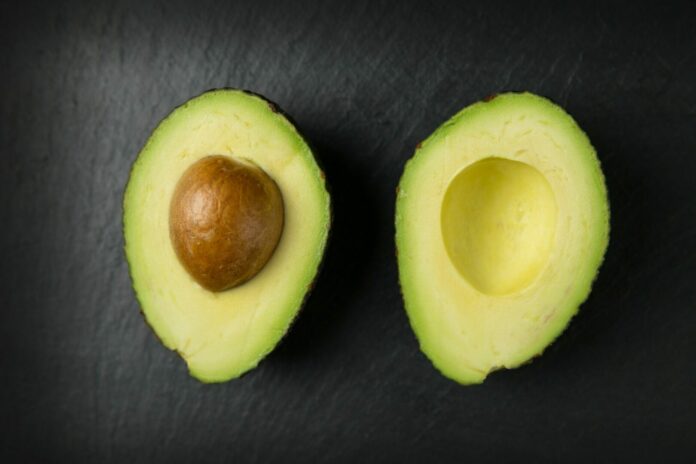The avocado industry in Kenya has been thriving, with exports increasing from 12,000 tons in 2010 to over 20 000 expected tons to China alone in 2023. The sector has been a major source of income for many farmers, especially those in rural areas.
The Hass variety, in particular, has been in high demand due to its superior quality, long shelf life, and excellent taste. Despite the growth in exports, the sector faces several challenges that threaten its future.
One of the main challenges is the quality of the fruit. According to industry experts, the quality of Kenyan avocados has been declining due to several factors, such as poor farming practices.
Shiro Ndirangu: Lady who quit her bank job to become top Hass Avocado exporter
The industry, known as the “green gold,” has attracted cold-hearted middlemen who are willing to do anything to get a piece of the pie, even if it means compromising the quality of the fruit.
In Murang’a County, farmers have reported incidents of “avocado thugs” who creep into their farms at night and harvest the avocados while they are still immature. These thugs then sell the immature fruits to middlemen who export them to foreign markets, putting the entire industry at risk of being banned from exporting to certain countries.
To avoid incurring losses, some farmers have resorted to selling immature avocados instead of waiting for them to mature. This has contributed to the problem of immature avocado exports, as some farmers prioritize short-term gain over the industry’s long-term viability.
Kenya Leads as Africa’s Top Avocado Producer
The situation calls for urgent action by the relevant authorities to protect the industry and ensure that only mature avocados are exported. This could involve increasing surveillance and patrols to catch avocado thieves and imposing stiffer penalties for those caught harvesting immature fruits.
Another challenge facing the industry is the high cost of production. The cost of inputs such as fertilizers and pesticides has been on the rise, making it difficult for farmers to make a profit. The lack of access to credit and finance has also made it difficult for farmers to invest in their farms and improve their operations.
The government has been trying to address some of these challenges by investing in infrastructure, providing training and support to farmers, and facilitating access to credit and finance. However, these efforts have not been enough to save the industry.
Everything you need to know about exporting avocados
Experts warn that if the challenges facing the Hass avocado industry in Kenya are not addressed, the sector is at risk of collapsing. This would have a devastating impact on the livelihoods of thousands of farmers and their families, as well as on the Kenyan economy as a whole.
To prevent the collapse of the industry, the government and other stakeholders must work together to address the challenges facing the sector. This could include investing in research and development to improve farming practices and post-harvest management, as well as improving infrastructure and transportation to ensure that the fruit reaches markets in good condition.
It is also important to explore new markets and diversify the export base beyond Europe, currently the main destination for Kenyan avocados. This could include expanding exports to Asia and the Middle East, which have a growing demand for avocados.











